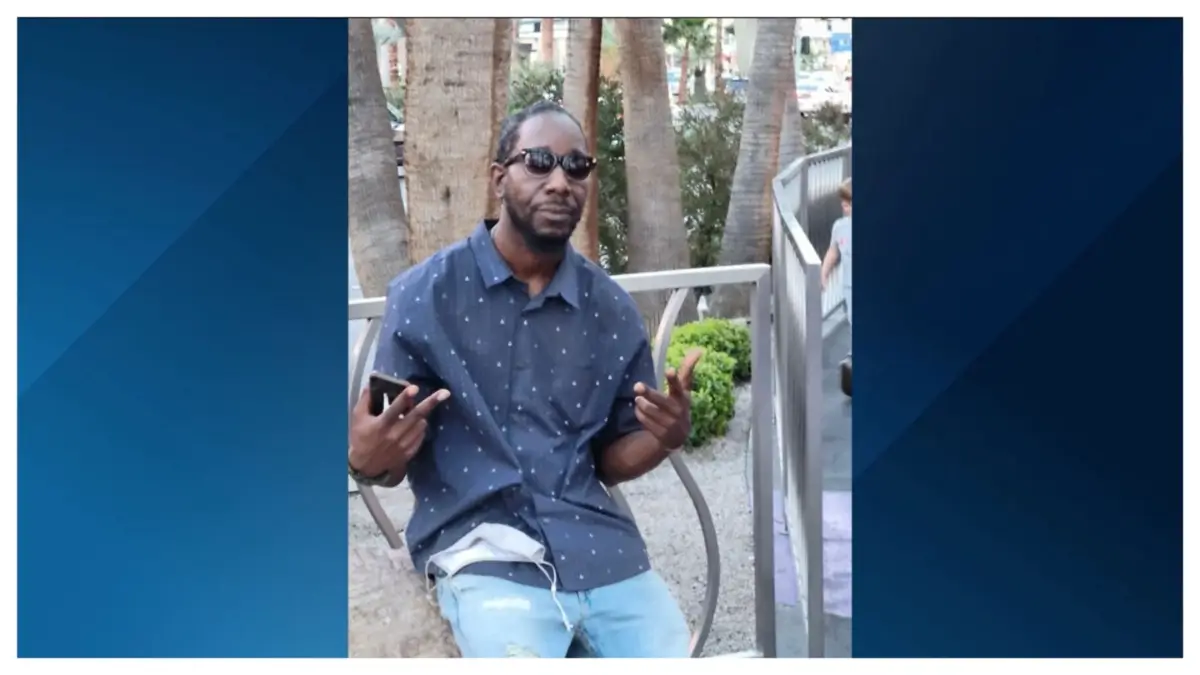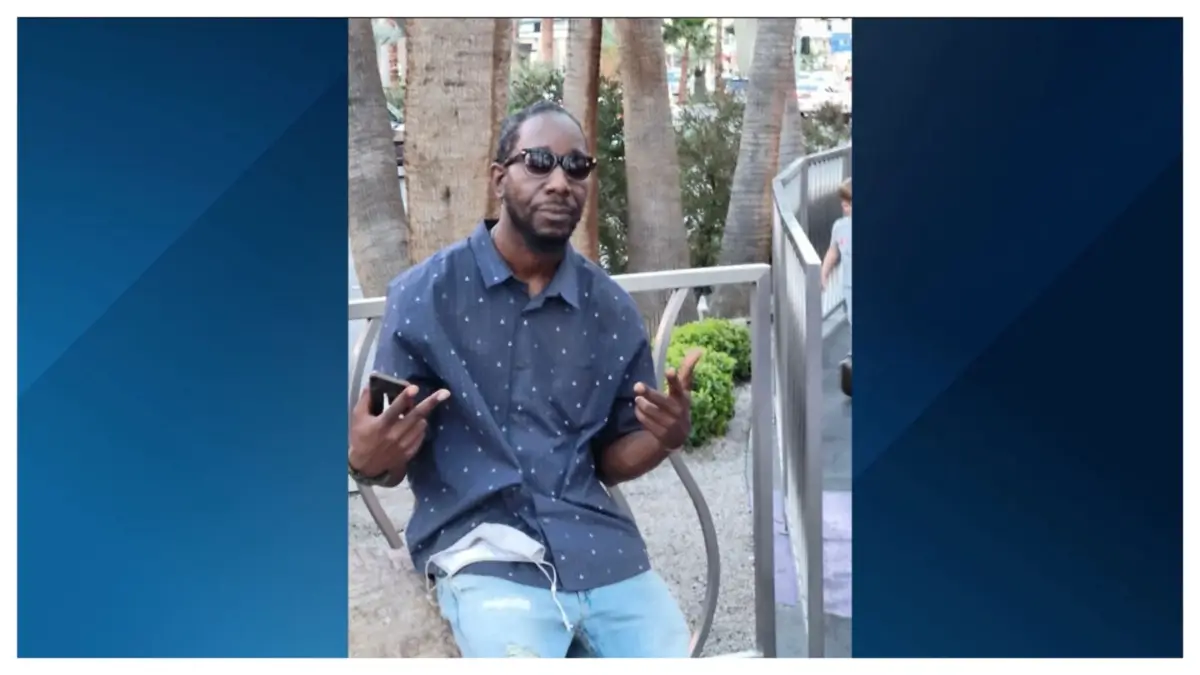Florida Judge Takes Away Ex-Cop’s Law Enforcement Certificate for Using Both His Taser and Gun That Fatally Struck Black Man In Tragic Case of Mistaken Identity
A former Florida cop who fatally shot a man he mistook for a domestic violence suspect agreed to a plea deal where he will serve probation for the killing and pay restitution to the victim’s family.
Josh Payne, a former police officer for the city of Titusville, faced felony manslaughter for the shooting death of 40-year-old James Lowery that took place on Dec. 26, 2021.

Payne tried to arrest Lowery that evening as he was looking for a suspect police described as a Black man with locs, wearing blue jeans and a black jacket.
Bodycam footage showed Payne patrolling in his vehicle when he encountered Lowery, dressed in a black jacket and blue jeans. Payne pulled over, exited his car, and tried to confront Lowery but Lowery ran, triggering a foot chase where Payne deployed his Taser five times, police officials said.
Lowery kept running, but once Payne caught up to him at a fence, Lowery turned toward him and the pair briefly struggled before Lowery turned away and tried to jump the fence. At that point, Payne drew his gun while still firing his Taser and shot Lowery once in the back of his head. He was pronounced dead at the scene.
Bodycam video also showed Lowery withdraw items during the chase that police later identified as drugs from his jacket pocket and discard them after Payne ordered him to drop them.
After the footage was released publicly, Titusville Police Chief John Lau said that Lowery “aggressively resisted arrest because of the amount of drugs on his person.”
“When Lowery reached into pockets, it clearly raised the officer’s threat concerns, which caused him to draw his firearm,” the chief stated.
However, despite what prompted Payne to pull his firearm, Lau said he was not justified in his use of deadly force. The chief clarified that the training officers undergo teaches them never to utilize two weapons simultaneously and that Payne violated firearm safety rules.
“Although Officer Payne’s decision to draw his firearm, based on Mr. Lowery’s actions, was sound — our training specifically addresses transitioning from one tool to another,” Lau said. “At no time do we train our officers to operate both Taser and firearm at the same time.”
Lau said Payne could have employed other options to stop Lowery, like pepper spray or taking a “tactical pause” to wait for backup.
Lowery’s death was ruled a homicide by a medical examiner. After Payne was charged with manslaughter in June 2022, he resigned from his post with the Titusville Police Department.
At a plea hearing held on Dec. 6, a judge sentenced Payne to five years probation but withheld adjudication, an outcome Payne’s defense attorneys sought.
“The court will sentence, on this case, five years in probation. Mr. Payne shall not possess, own or use a firearm during the term of this probation,” Judge Curt Jacobus said, later adding that he believes Payne’s training is to blame for Lowery’s death.
In Florida, withholding adjudication is a court decision in which a person is found guilty of a crime, but is not formally convicted.
As part of the plea agreement, Payne was ordered to pay $18,000 in funeral expenses to Lowery’s family and turn over his law enforcement certificate, which means he can never work as a police officer again.
Before his sentencing, Payne apologized to family members, who were hoping for a felony conviction.
“It’s affected me and I’m deeply apologetic, sorry, that this happened this way,” he said.
Lowery’s sister, Johari Brown, also read a statement in court on behalf of the family.
“To be here, hearing that we’re just going to have probation and maybe not an adjudication of guilt, it doesn’t really sit right with myself or my family,” Brown said. “James Garland Lowery was the following – a brother, a son, a father, a uncle, a cousin, a nephew, a friend, and so much more.”
Lowery’s family recently shared they plan to pursue civil action.
“Clearly a plea like this, with no adjudication of guilt for an officer who shot a wrongly identified man in the back of the head, brings NO peace to James Lowery’s family,” civil rights attorney Ben Crump stated. “We will vigorously pursue justice in civil court and seek significant improvements in training, which contributed to this tragedy, as the judge acknowledged.”

